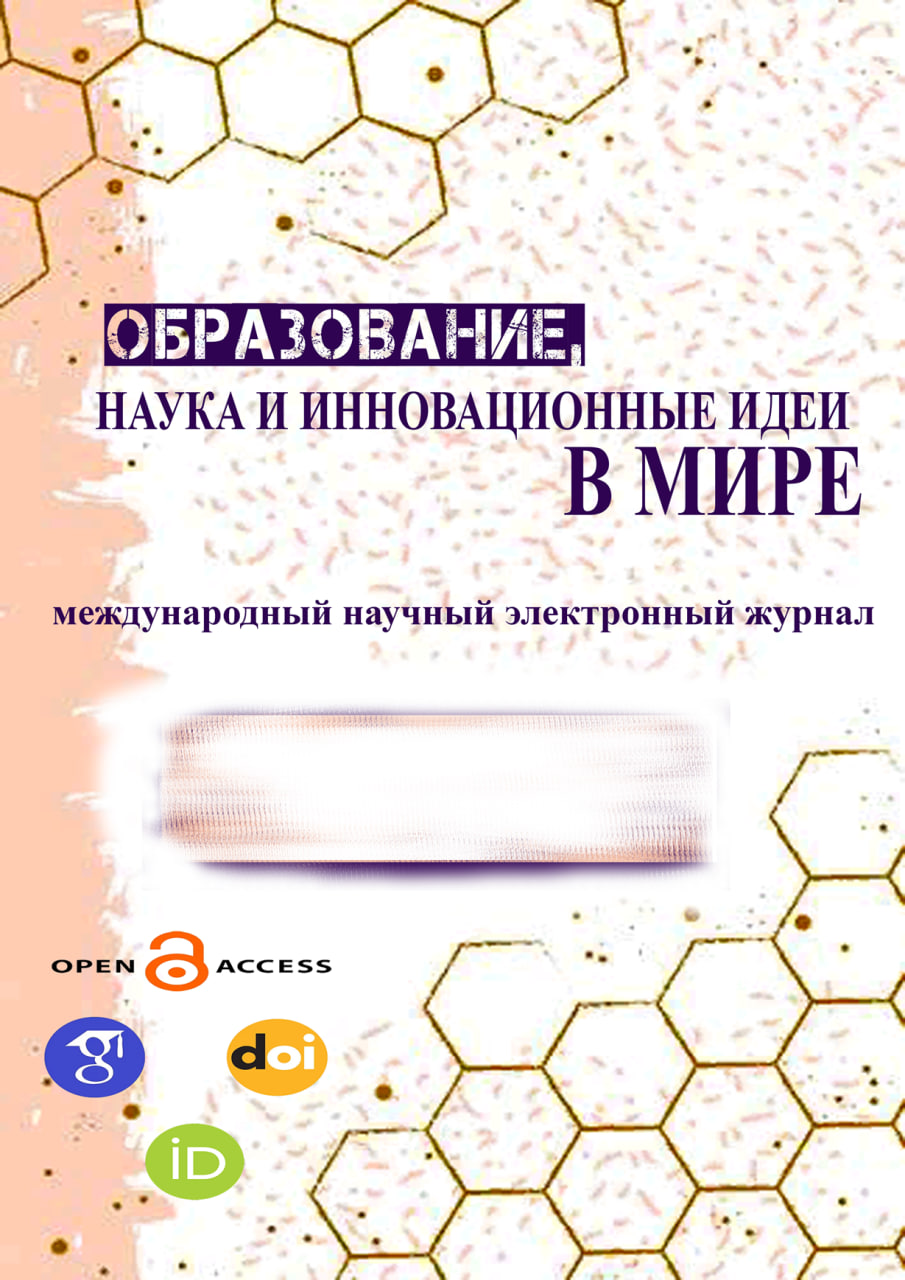FROM TRUST TO DOUBT: UNDERSTANDING CONSUMERS SKEPTICISIM IN INFLUENCER-DRIVEN PURCHASES
Keywords:
Keywords: influencer marketing, scepticism, consumer trust, marketing strategy, social media.Abstract
In this paper, the ways in which influencer marketing is growing into a major trend and simultaneously creating scepticism among consumers is explored, with a particular focus on how Central Asian cultures and consumers interpret influencer marketing in their world. Influencers have been a powerful force for marketing on social media helping to shape the perception of a brand and the behaviour of the consumer. But as influencer marketing grows, authenticity and credibility that attracted followers are questioned more. This trust dilemma applies in Central Asia against a background of cultural values promoting community trust and wary consumerism. This research explores the psychological determinants of consumer scepticism, the role of transparency on consumers’ choosing, and the cultural dynamics of the attitudes. The study attempts to gain insights on how Central Asian consumers are engaging with the influencer marketing, and how influencers and brands can regain trust in their committed, however cynical market through both quantitative as well as qualitative methods.
References
Adler, D. (2024). De-Influencing Trends: How Brands Can Maintain Consumer Trust. [online] Net Influencer. Available at: https://www.netinfluencer.com/the-rise-of-de-influencing-how-brands-can-maintain-consumer-trust/ [Accessed 27 Oct. 2024].
Bakker, D. (2018). Conceptualising Influencer Marketing. Journal of Emerging Trends in Marketing and Management, [online] I(1), pp.79–87. Available at: https://www.etimm.ase.ro/RePEc/aes/jetimm/2018/ETIMM_V01_2018_57.pdf.
Balaban, D.C., Mucundorfeanu, M. and Naderer, B. (2021). The Role of Trustworthiness in Social Media Influencer advertising: Investigating Users’ Appreciation of Advertising Transparency and Its Effects. Communications, 47(3), pp.395–421. doi:https://doi.org/10.1515/commun-2020-0053.
Byrne, E., Kearney, J. and MacEvilly, C. (2017). The Role of Influencer Marketing and Social Influencers in Public Health. Proceedings of the Nutrition Society, 76(OCE3). doi:https://doi.org/10.1017/s0029665117001768.
Cao, C. (2023). The Impact of Fake Reviews of Online Goods on Consumers. BCP Business & Management, 39, pp.420–425. doi:https://doi.org/10.54691/bcpbm.v39i.4208.
Eisend, M. (2006). Source Credibility in Marketing Communication. Marketing ZFP, [online] 28(JRM 1), pp.43–62. doi:https://doi.org/10.15358/0344-1369-2006-jrm-1-43.
Hwang, Y. and Jeong, S.-H. (2016). ‘This is a sponsored blog post, but all opinions are my own’: The effects of sponsorship disclosure on responses to sponsored blog posts. Computers in Human Behavior, 62(3), pp.528–535. doi:https://doi.org/10.1016/j.chb.2016.04.026.
J, H. (2016). (PDF) ‘This is a sponsored blog post, but all opinions are my own’: The effects of sponsorship disclosure on responses to sponsored blog posts. [online] ResearchGate. Available at: https://www.researchgate.net/publication/301705747_This_is_a_sponsored_blog_post_but_all_opinions_are_my_own_The_effects_of_sponsorship_disclosure_on_responses_to_sponsored_blog_posts.
Peng, C. (2023). Influencer Marketing: Statistics and Skepticism. Open Journal of Business and Management, 11(02), pp.744–754. doi:https://doi.org/10.4236/ojbm.2023.112040.
Ao, L., Bansal, R., Pruthi, N. and Khaskheli, M.B. (2023). Impact of Social Media Influencers on Customer Engagement and Purchase Intention: a Meta-Analysis. Sustainability, 15(3). doi:https://doi.org/10.3390/su15032744.
Chen, Y., Qin, Z., Yan, Y. and Huang, Y. (2024). The Power of Influencers: How Does Influencer Marketing Shape Consumers’ Purchase Intentions? Sustainability, [online] 16(13), p.5471. doi:https://doi.org/10.3390/su16135471.
Chua, C. (2024). As Consumers Grow Sceptical of influencers, Content Creators and Businesses Seek Ways to Be More ‘authentic’. [online] CNA. Available at: https://www.channelnewsasia.com/today/ground-up/consumers-sceptical-influencers-businesses-seek-authentic-advertise-4634876# [Accessed 21 Oct. 2024].
Djafarova, E. and Bowes, T. (2021). ‘Instagram Made Me Buy it’: Generation Z Impulse Purchases in Fashion Industry. Journal of Retailing and Consumer Services, [online] 59(102345), p.102345. doi:https://doi.org/10.1016/j.jretconser.2020.102345.
Singh, N. and Zhao, H. (2005). Analyzing the Cultural Content of Web sites: a Cross‐national Comparision of China, India, Japan, and US. [online] Emerald. Available at: https://www.emerald.com/insight.
trade.gov (2021). Kyrgyz Republic - Market Overview. [online] www.trade.gov. Available at: https://www.trade.gov/country-commercial-guides/kyrgyz-republic-market-overview.
we are social (2024). Digital 2024: Uzbekistan. [online] DataReportal – Global Digital Insights. Available at: https://datareportal.com/reports/digital-2024-uzbekistan.




